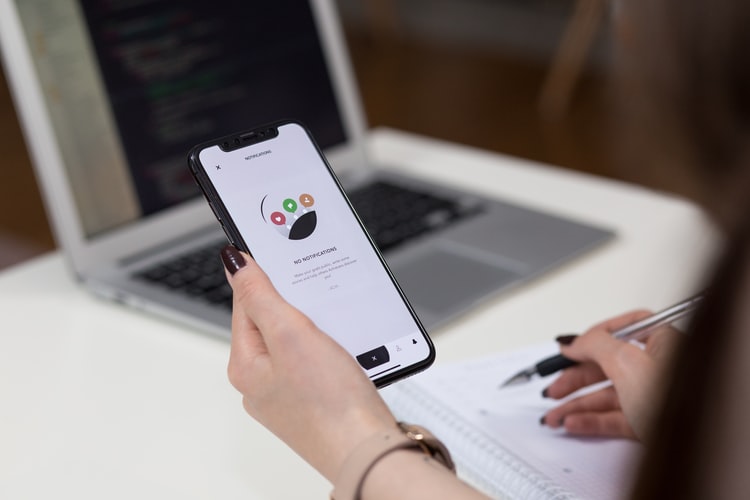Around 13% of companies use personality tests to find the right employees. Ultimately, a good company is only ever as good as it’s employees, as without them, the business won’t be successful. This is why it is imperative that business owners and HR departments work hard to make sure they employ the right people in the right roles. One of the ways that employers do this is by using a personality test to find out if the person that they are hiring would be suitable for the job and the company culture. The personality test can give HR managers real insight into an employee’s motivations and strengths.
The Myers-Briggs Test
The Myers-Briggs Type Indicator (MBTI) can be found from taking a simple test online. It is based on a psychological theory by Carl Jung. Based on the answers to the test, people are sorted into 16 different personality types using a combination of four main concepts:
- Extrovert (E) or Introvert (I) – Extroverts tend to be more outward turning while Introverts look inwards.
- Sensing (S) or Intuition (N) – This is about how people look at the world. Do you learn more from your senses, or do you use your intuition more?
- Thinking (T) or Feeling (F) – This relates to how you make decisions. Do you base your decisions on logic and facts or consider emotions?
- Judging (J) or Perceiving (P) – This relates to how you deal with what life throws at you. If you are Judging, you prefer a firm structure, whereas Perceiving people tend to be more free and adaptable.
Why does personality type matter?
If a candidate doesn’t have the right personality type, they may find that they are not successful at certain types of jobs. For instance, if an employer is looking to fill a role that deals with abstract concepts — such as science, mathematics and technical subjects — they might actively seek someone with introverted or thinking characteristics. This is because Introvert types tend to gain value from deep social connections and are more thought-orientated. They may not like small talk, but instead are excellent at dealing with detailed tasks and research.
Furthermore, people who are deemed an Introvert by a personality test will often be passionate about reason and analysis and are particularly progressive when it comes to decision making. Introverts are also generally happy to go with a non-traditional solution, thinking outside the box. However, they might not fare so well in customer-facing roles. This is just one example of a personality type’s associations, which could impact an HR manager’s decision to hire the person based on whether they suit the available role.
Finding natural ability
For many businesses, dealing with customers and clients is intrinsic to their success. Implementing a personality test will help an employer recruit someone that not only has experience, but also a natural ability to bring about success with customers. For instance, customer service roles are probably better suited to someone with an extroverted personality type, who statistically tend to perform better in communication roles. This is because extroverts feel energized when they spend time with other people and are good at building relationships. If a business is very much customer-focused, then it will often help an employer to take on someone who is naturally charismatic, creative, and enthusiastic, which can be discovered with personality testing.
A personality test can be extremely valuable when matching the right person to the right job. The results can help a candidate find a career path that is both perfect for them and beneficial for the business.


